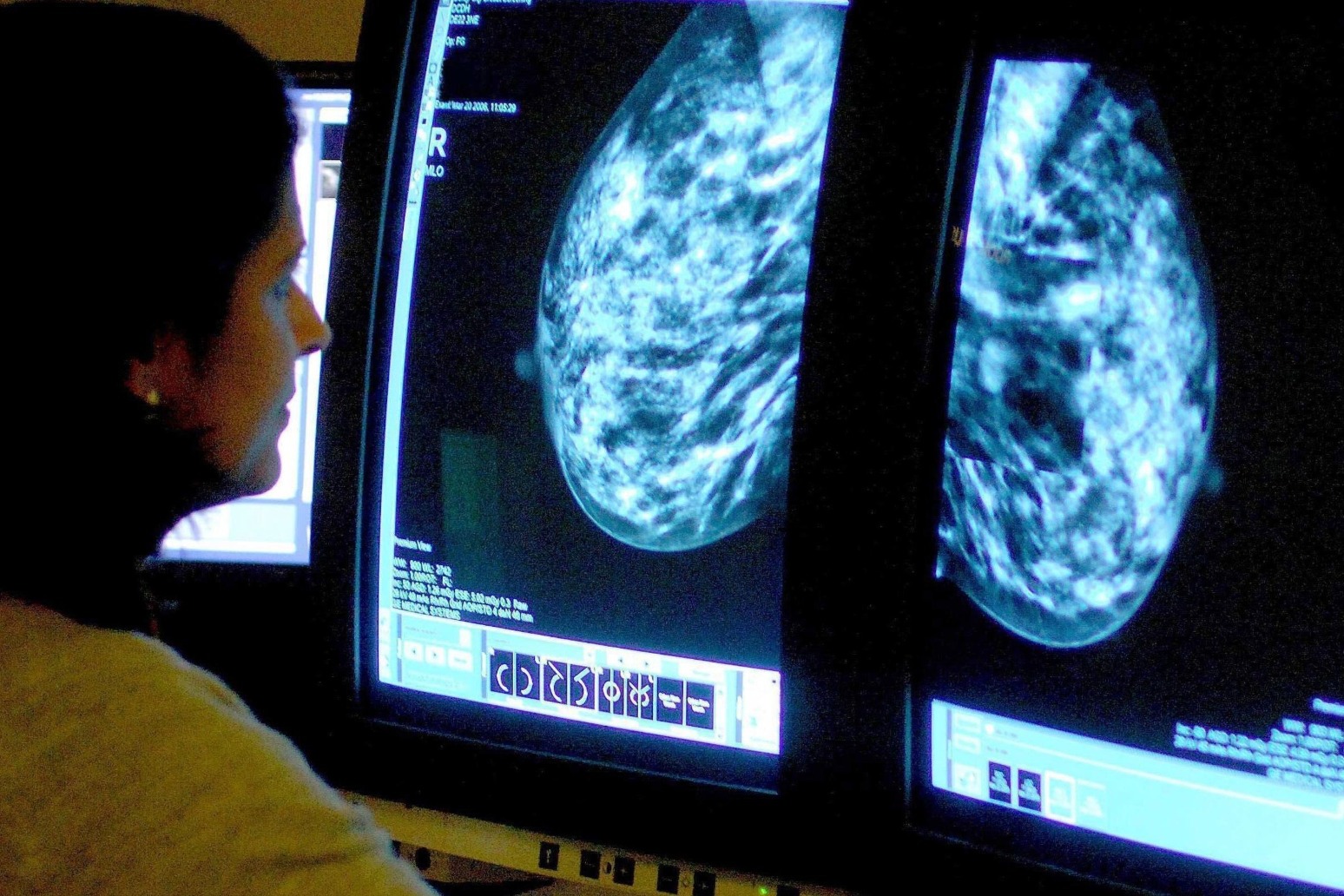
Almost 300,000 women are to be offered a drug to reduce their risk of developing breast cancer, NHS officials have announced.
Some 289,000 post-menopausal women in England who are deemed to have a moderate or high risk of breast cancer will be offered anastrozole in a bid to prevent them from developing the disease.
Trials have shown that the drug reduces breast cancer cases by 49% over 11 years among eligible women.
Officials have estimated that if 25% of eligible women in England take up the offer – and half of those take the drug for the recommended five years – then 2,000 cases would be prevented over their lifetimes.
Scientists have found that as well as treating breast cancer, anastrozole – a hormone therapy – also can prevent cases.
And the protective effect lasts for years after a woman has stopped taking the drug, officials said.
The drug is usually used to treat breast cancer but has been “repurposed” to also prevent cases.
It is the first drug to go through NHS England’s Medicines Repurposing Programme.
The moves adds to the NHS’s armoury of preventative breast cancer medication, with tamoxifen and raloxifene already licenced to prevent breast cancer.
Anastrozole was first recommended as a preventive option by the National Institute for Health and Care Excellence (Nice) in 2017, however, with the treatment being unlicensed in this use, uptake has remained low.
Now the drug has been licensed by the Medicines and Healthcare products Regulatory Agency as a preventive option as well.
NHS chief executive Amanda Pritchard said: “It’s fantastic that this vital risk-reducing option could now help thousands of women and their families avoid the distress of a breast cancer diagnosis.
“Allowing more women to live healthier lives, free of breast cancer is truly remarkable, and we hope that licensing anastrozole for a new use today represents the first step to ensuring this risk-reducing option can be accessed by all who could benefit from it.
“This is the first drug to be repurposed though a world-leading new programme to help us realise the full potential of existing medicines in new uses to save and improve more lives on the NHS.
“Thanks to this initiative, we hope that greater access to anastrozole could enable more women to take risk-reducing steps if they’d like to, helping them live without fear of breast cancer.”
Baroness Delyth Morgan, chief executive at the charity Breast Cancer Now, said: “The extension of anastrozole’s licence to cover it being used as a risk-reducing treatment is a major step forward that will enable more eligible women with a significant family history of breast cancer to reduce their chance of developing the disease.”
The treatment is taken as a 1mg tablet, once a day for five years.
Anastrozole works by cutting down the amount of the hormone oestrogen that a patient’s body makes by blocking an enzyme called aromatase.
The most common side effects of the medicine are hot flushes, feeling weak, pain/stiffness in the joints, arthritis, skin rash, nausea, headache, osteoporosis, and depression.
Around 47,000 women in England are diagnosed with breast cancer each year.
Health Minister Will Quince said: “Breast cancer is the most common cancer in the UK so I’m delighted that another effective drug to help to prevent this cruel disease has now been approved.
“We’ve already seen the positive effect anastrozole can have in treating the disease when it has been detected in post-menopausal women and now we can use it to stop it developing at all in some women.”
Published: by Radio NewsHub





